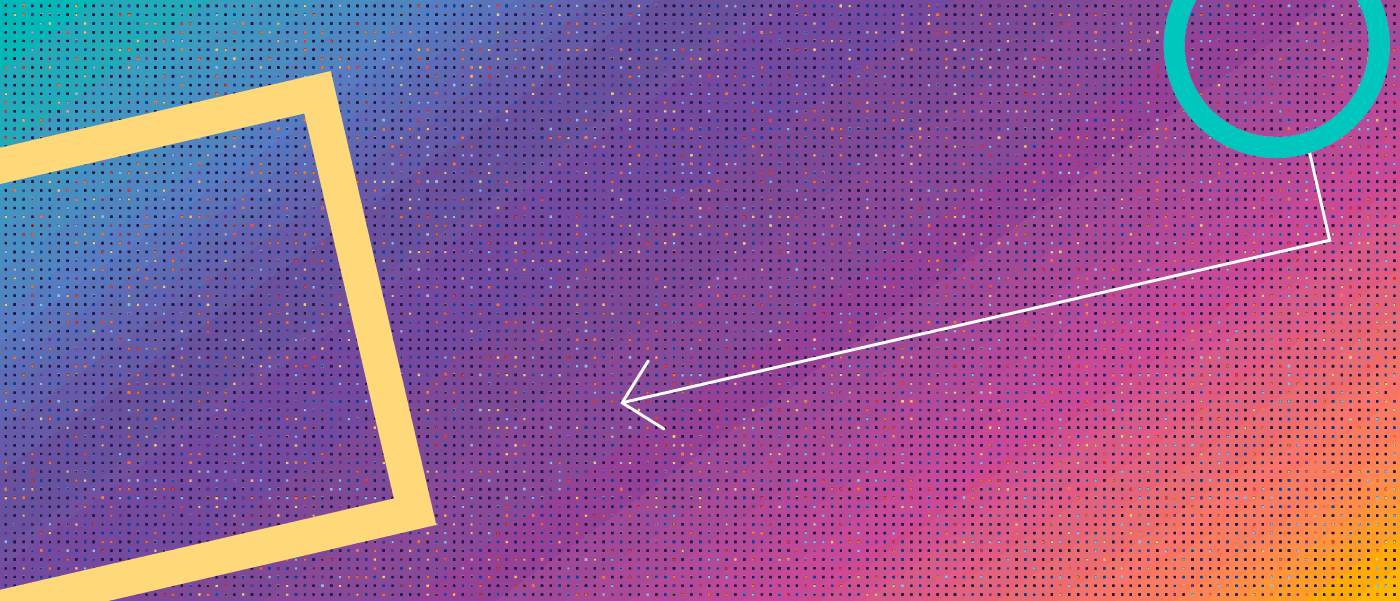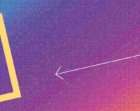
Can algorithms guarantee greater neutrality and efficiency? Are they as free from human bias as we tend to think? How can we make our humanity prevail in a calculated world?
Our new exhibition seeks to make this phenomenon and its implications understandable, encouraging reflection and debate.
Can algorithms guarantee greater neutrality and efficiency? Are they as free from human bias as we tend to think? How can we make our humanity prevail in a calculated world?
Our new exhibition seeks to make this phenomenon and its implications understandable, encouraging reflection and debate.
In recent years, the words “code” and “algorithms” have become increasingly ubiquitous in news pieces and conversations. We all take for granted their growing role in countless aspects of our lives, while remaining unaware of their nature and implications.
In an increasingly quantifiable and parameterised world, where algorithms make decisions in countless aspects of our lives such as work, leisure and health, the ‘Code and Algorithms. Wisdom in a Calculated World’ exhibition seeks to make this phenomenon and its implications understandable, generating questions and knowledge that encourage reflection and debate. Can algorithms guarantee greater neutrality and efficiency? Are they as free from human bias as we tend to think? How can we make our humanity prevail in a calculated world?
The exhibition, which will be open free of charge on the third floor of the Telefónica Foundation Space from 19 October to 16 April 2023, is curated by Manuela Naveau, an artist, curator and lecturer at the University of Art and Design Linz. She is also advised by Eticas Consulting director Gemma Galdón, who has a PhD in Security and Technology Policy; Marta Peirano, a journalist and researcher specialising in internet security and privacy issues; Ricardo Peña, a professor in the Department of Computer Systems and Computing at the Complutense University of Madrid; and Ultra-lab founder Gustavo Valera, a systems engineer specialising in technical design in art and new technologies.
Through interactive installations by thirteen Spanish and international artists, such as karin Sander, Kyriaki Goni, Clara Boj and Diego Díaz, Mushon Zer-Aviv, Matthias Pitscher and Giacomo Piazzi, Iosune Sarasate, Trevor Paglen, Kairus Art+Research, Shinseungback Kimyonghun and Manu Luksch Danja Vasiliev, Egor Kraft Grow Your Own Cloud (GYOC), the exhibition takes you on a journey through different areas in which algorithms impact our society: the importance of their neutrality and efficiency, the risks of algorithmic bias, the tools available to protect data privacy, the connection between humans and artificial intelligence, and how algorithms contribute to finding solutions to problems that we would otherwise take years to solve or decipher.
One of the great contributions of algorithms and artificial intelligence is the generation of knowledge, by seeking solutions to problems that we would otherwise take years to solve or understand. Simulation is a truly powerful tool that allows us to better comprehend the world around us, from understanding the effects of a medicine without administering it to anticipating climate change. This is already possible thanks to supercomputing. The exhibit includes a final piece produced in collaboration with the Barcelona Supercomputing Center-Centro Nacional de Supercomputación (BSC-CNS), which illustrates how the processing of huge amounts of data is speeding up scientific research.
#CódigoYAlgoritmos also presents a series of educational audiovisual content featuring Sergio Oslé, Chief Operating Officer of Telefónica España; Gemma Galdón-Clavell, director of Eticas Consulting, who has a PhD in Security and Technology Policy; Marta Peirano, a journalist and researcher specialising in technology; and Coral Calero, a professor of Computer Languages and Systems in the School of Computer Science at the University of Castile-La Mancha, who has a PhD in Computer Engineering.

Educational programme
The ‘Code and Algorithms. Wisdom in a Calculated World’ exhibition will also offer guided tours and a carefully-planned programme of workshops developed by our educational team, free of charge and for all ages.
In partnership with:





